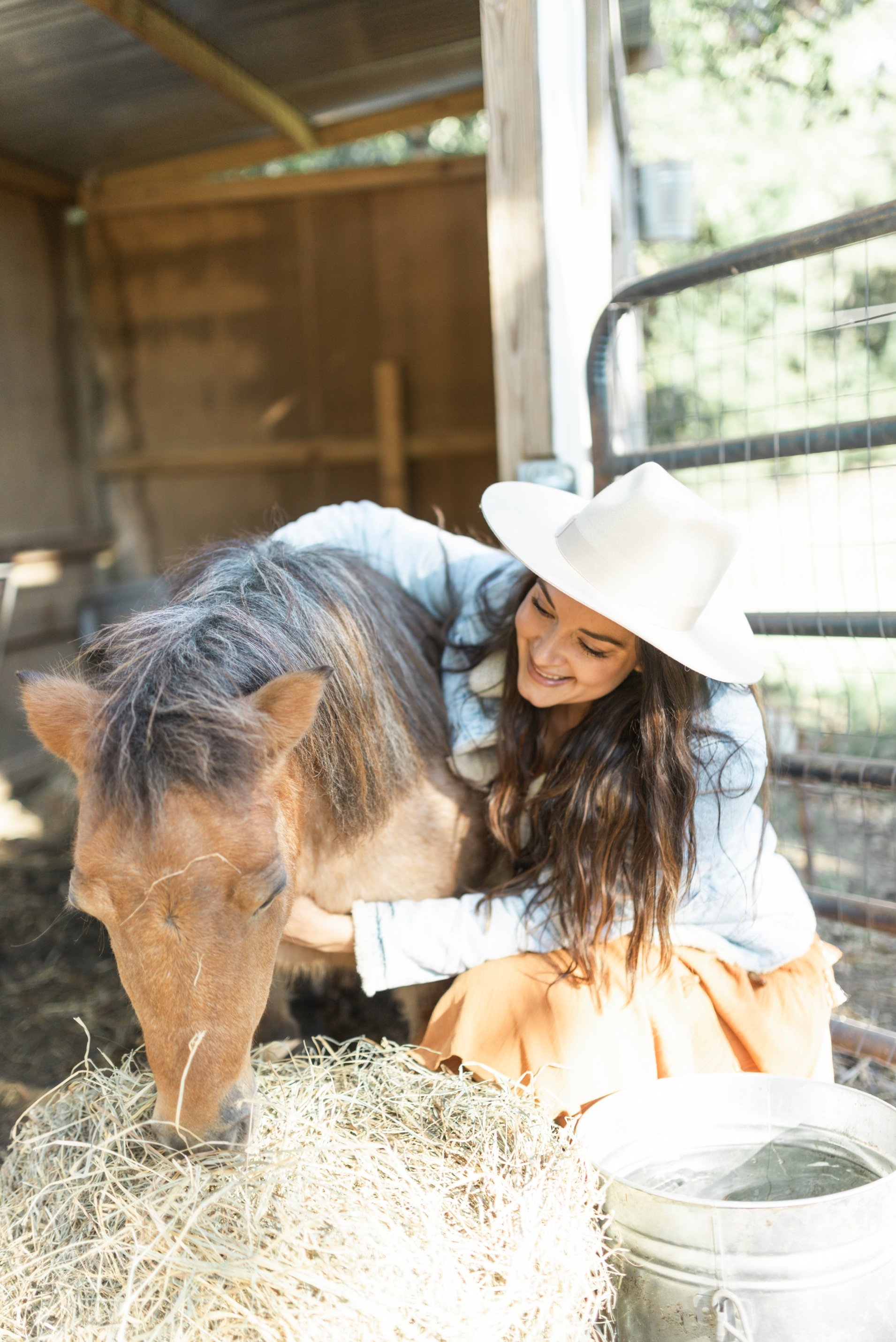A First Aid Kit For Animals To Help You Out In Any Medical Emergency
Having livestock on a farm will mean inevitable injuries and illnesses. Your nearest vet may be too far for a quick visit or not always available. And that's why I always like to be prepared for animal medical emergencies.
Some essential first aid items will prepare you for any problems, whether for an alpaca with a high fever, goats with stomach issues, or a chicken struggling with bumblefoot. It will save you stress, unnecessary vet costs, and potential heartbreaking loss.
Even if you still need to rush to the vet or wait for one, knowing how to render first aid will go a long way.
This post contains some affiliate links. Thank you for your support of Azure Farm and all we do
Items For Your First-Aid Kit For Animals
I like having an emergency kit with essential items always stocked and stored nearby where I can quickly grab it when necessary. Store it away from direct sunlight and where kids and animals cannot reach it. And remember to regularly stock it up as you use the items.
MEDICATION
NutriDrench (a nutritional supplement for goats, alpacas, and others)
Bagged colostrum (general or livestock-specific)
Pepto Bismol (for upset stomachs)
ProBios powder or ProBios gel (an electrolyte to perk up an ailing or tired animal)
Hydrogen Peroxide
Vetericyn Plus (wound spray)
Blue Kote (wound dressing and fungicidal formula)
Neosporin (wound ointment)
Corona Multipurpose Ointent ( This is one of my FAVORITES)
Activated Charcoal (for poisoning)
Comfrey Salve (for sprains, strains, and rashes)
Epsom Salt
Antibiotic eye ointment.
SUPPLIES
Stethoscope (to listen for rumen noises)
Digital thermometer (a high rectal temperature can indicate an infection)
Hand sanitizer
Vaseline
Gauze (pads and a roll), bandages.
Tweezers, scissors, and scalpels.
Paper towels and old towels.
Saline for cleaning and rinsing.
Gloves
Flashlight
Treats (a good distractor).
CLICK ON THE IMAGE BELOW TO BUY SOME OF THESE FIRST-AID ESSENTIALS!
A Few Extra First Aid Tips
Research or consult your vet on the ideal weight, body temperatures, vital statistics, where to give shots, and dosage amounts for medications and dewormers for all the different animals. Note this down on a chart that is handy to refer back to.
Keep track of your animals' health by keeping a healthcare record, noting all vaccinations, deworming, previous illnesses, weight, etc. These Alpaca and farm animal printables will come in very handy!
Ask your vet for a script for antibiotics to keep on hand for any infections or illnesses you have to treat more intensely.
Ask your local vet to visit your farm, inspect all the animals, and make some suggestions. They can also show you how to administer an injection and what illness signs to look out for.
If you are breeding with animals, you may need to know how to help with a delivery or care for a baby animal when the mother cannot. Research ahead of time on how to handle these situations. Here is our essential delivery kit for our alpacas.
The items I have listed for an emergency kit are merely suggestions. Not all are crucial, and you do not have to get everything at once.
For example, you can start with only one wound dressing. You also may not need a digital thermometer or stethoscope. It will all depend on your current situation, the animals you have, or how far away your nearest vet is.
But being prepared with the basics will give you a good headstart in handling any unfortunate medical situations.
READ MORE:
I hope this I helpful to you!
Annette






